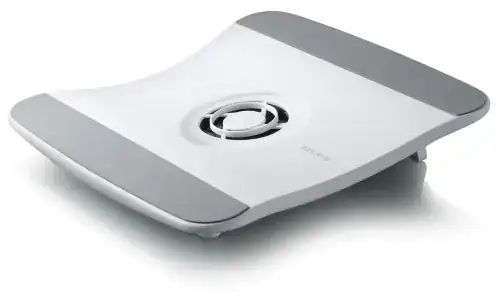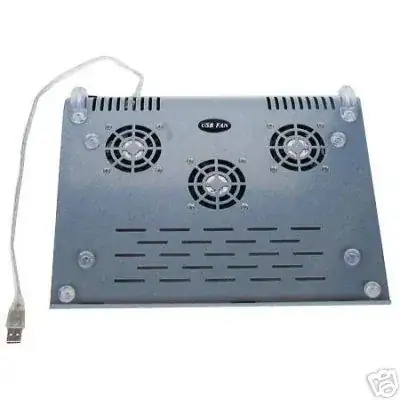My laptop has a severe overheating problem, even though it's quite new (< 6 month). It's still regularly overheating to the point where it shuts down. This usually happens while playing games but sometimes while watching videos or using Skype video calls for a long time. I'm already keeping it mid-air on a cooling tray with 2 external coolers, but that doesn't seem to help.
The only other thing I can think of is installing an SSD instead of the current HDD. I've read up that they generate less heat then hard drives, but can it actually make a serious difference to the heat level of the laptop?
If there are any other suggestions, please feel free to comment.
The laptop is a Toshiba Satellite L650D-11R.

